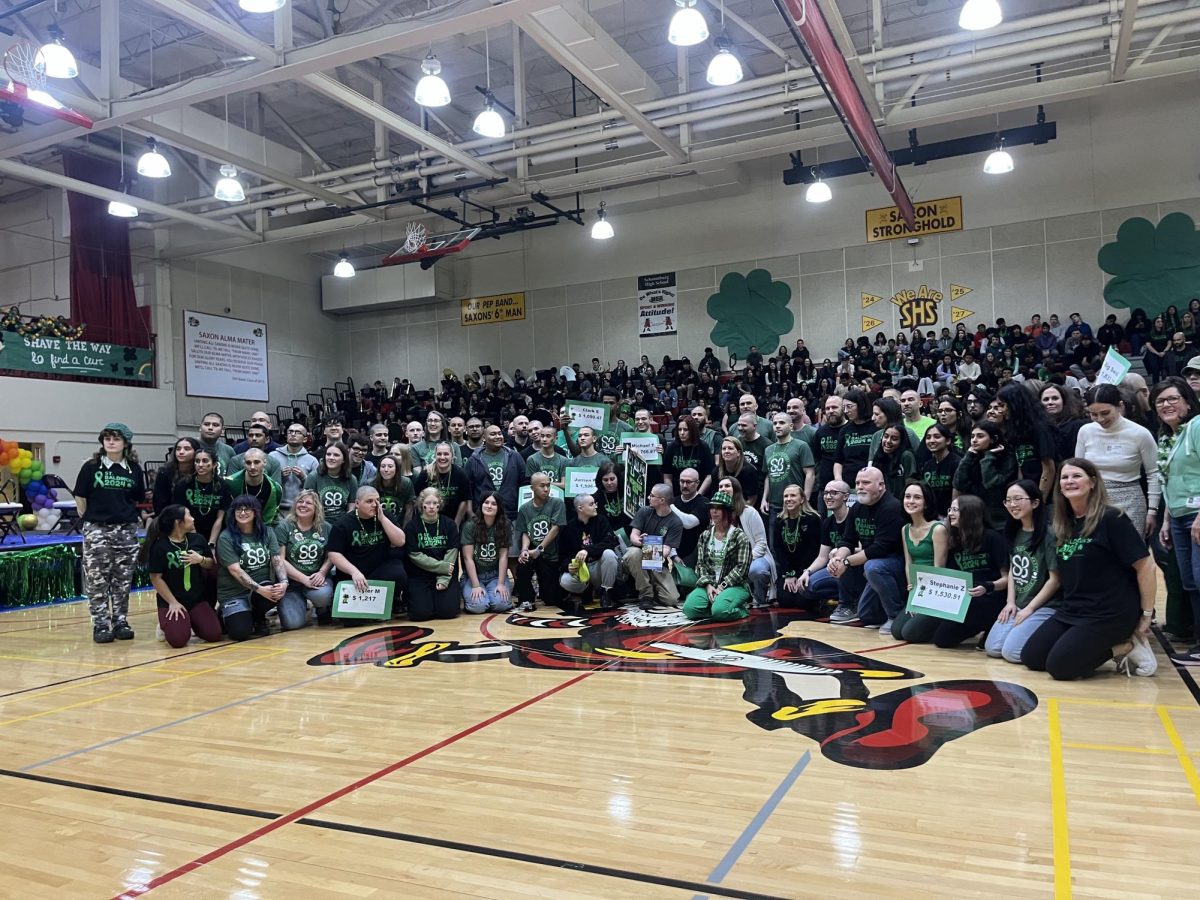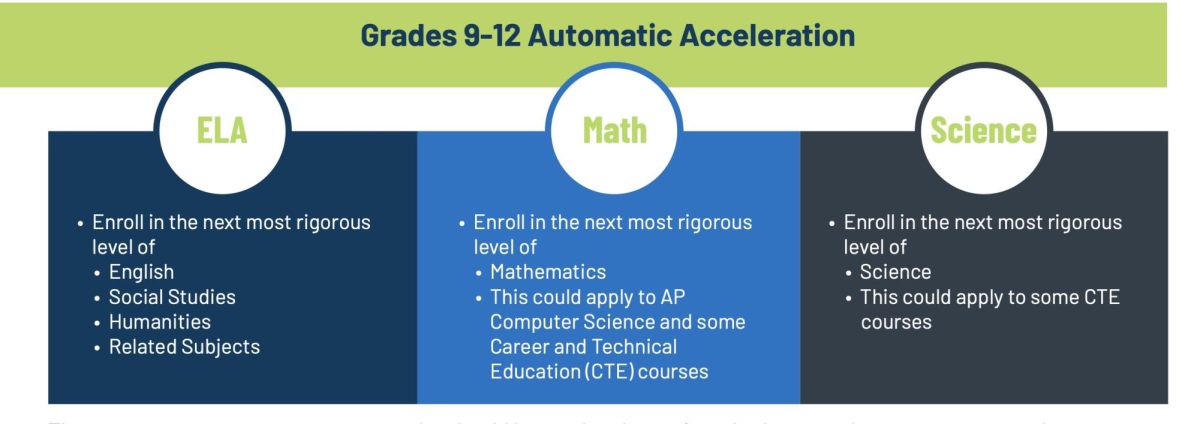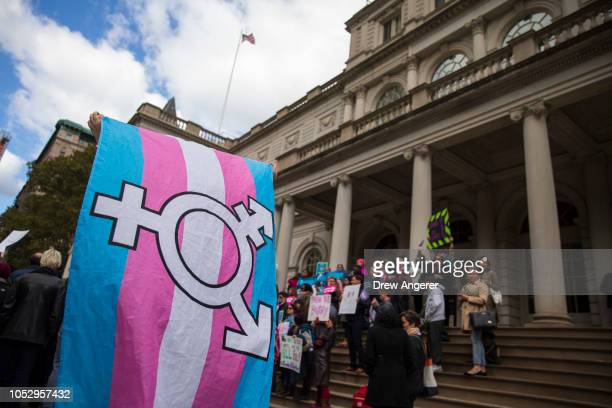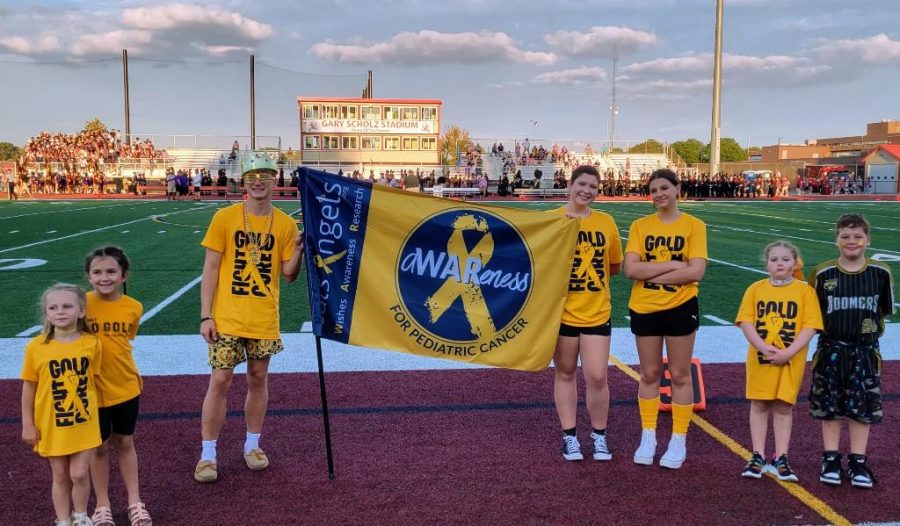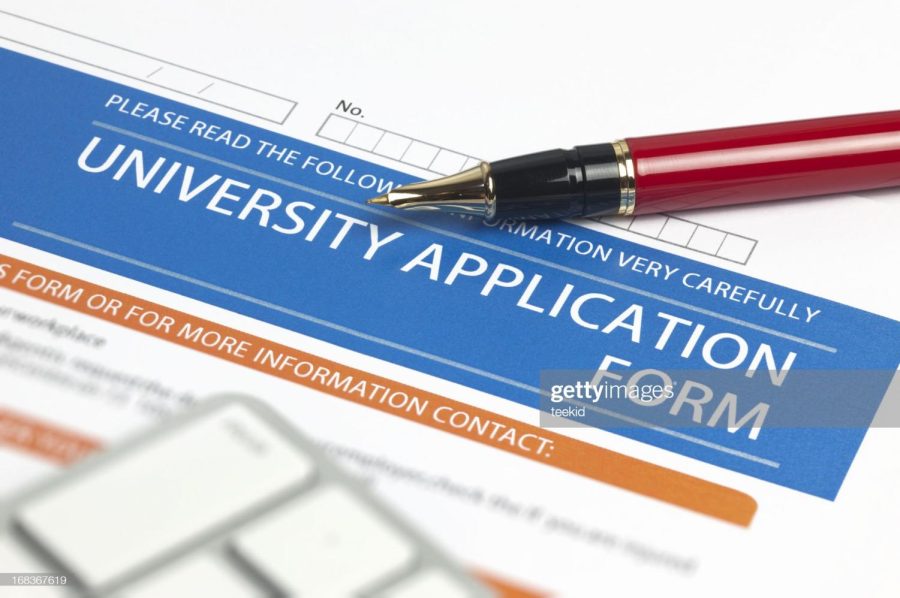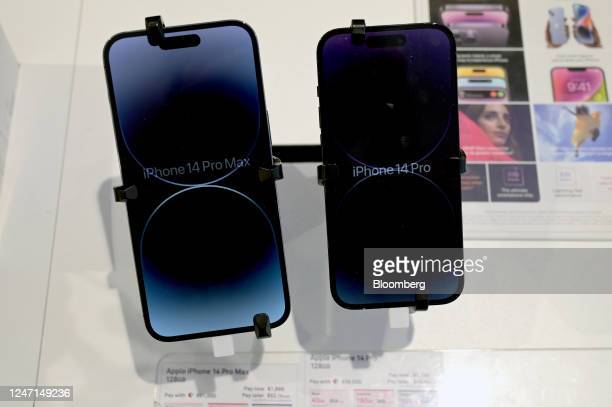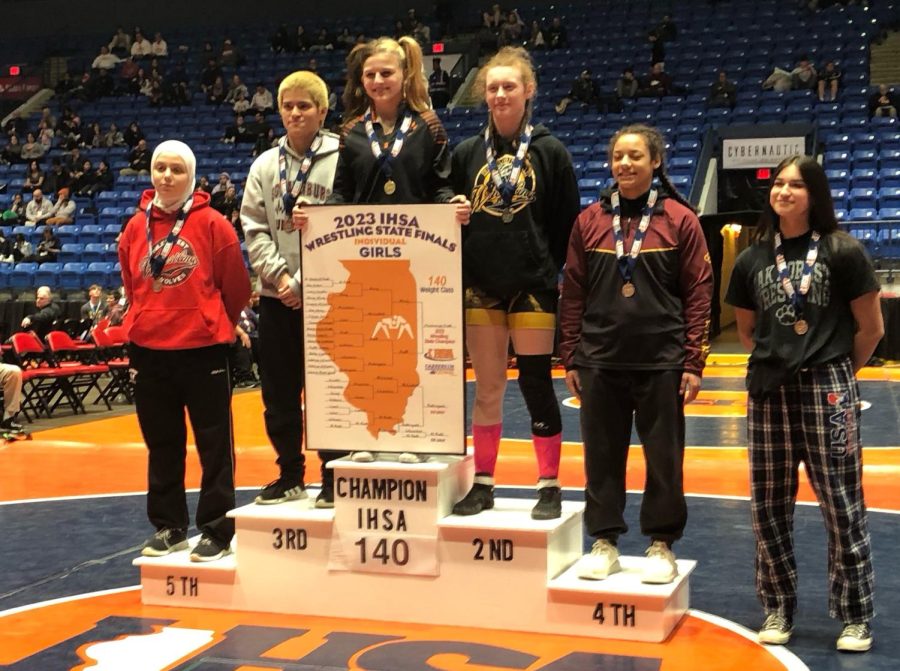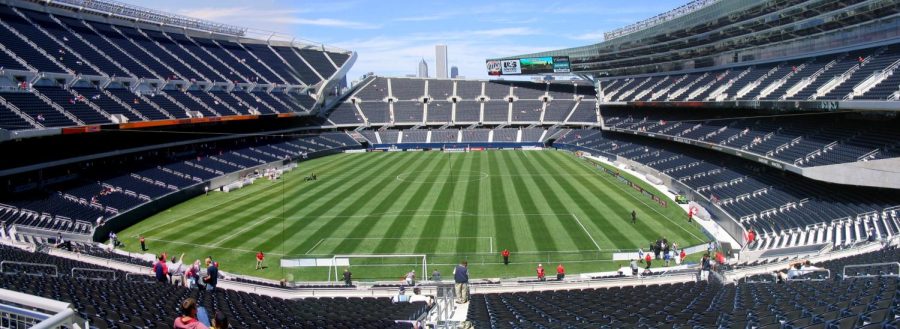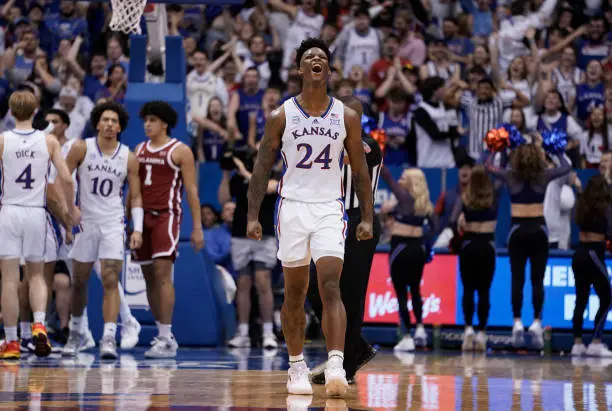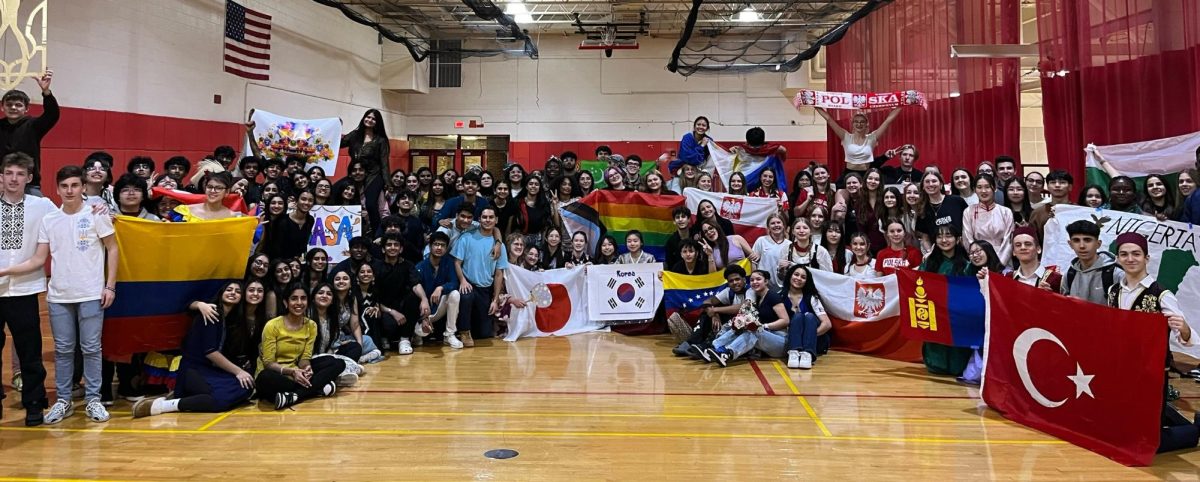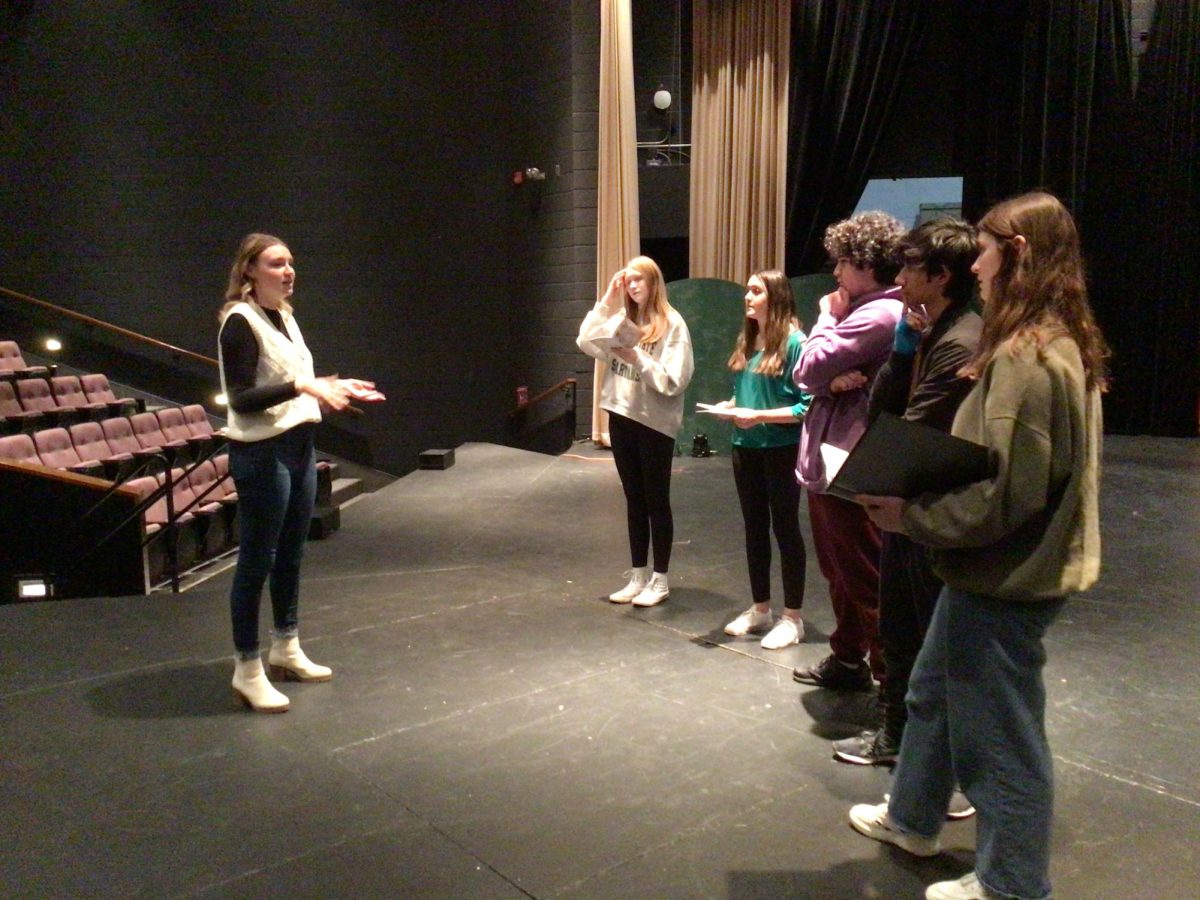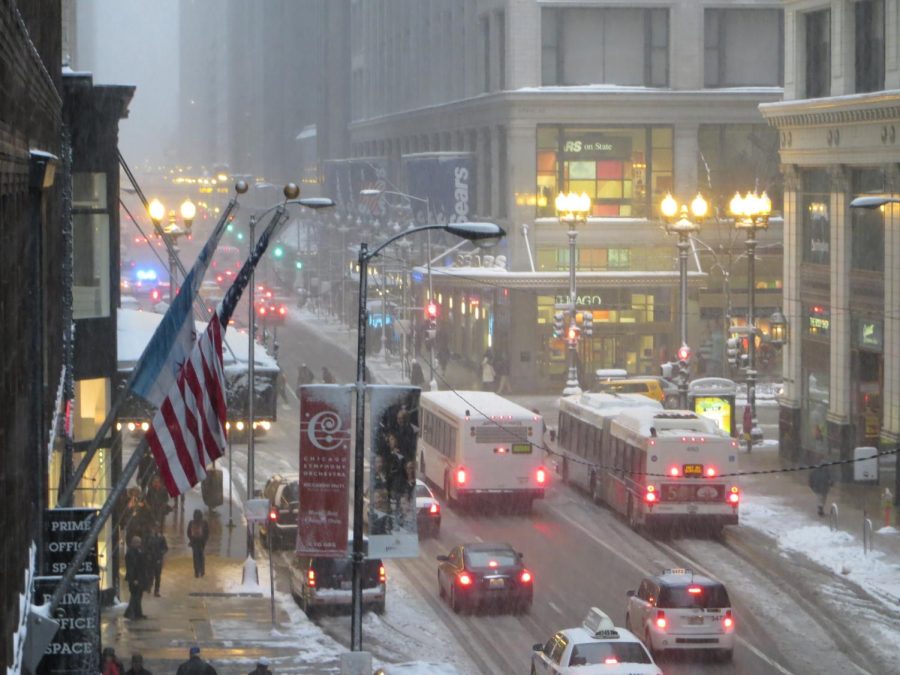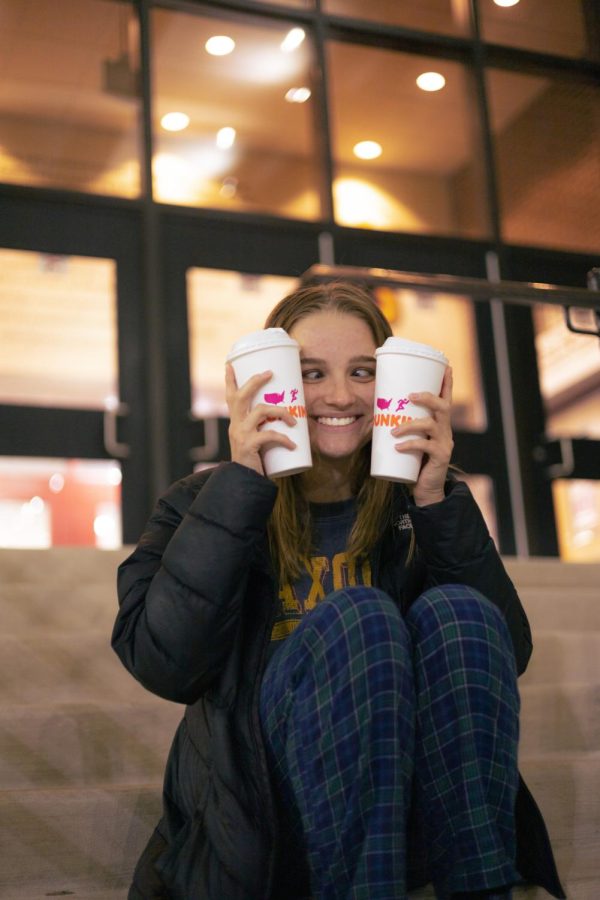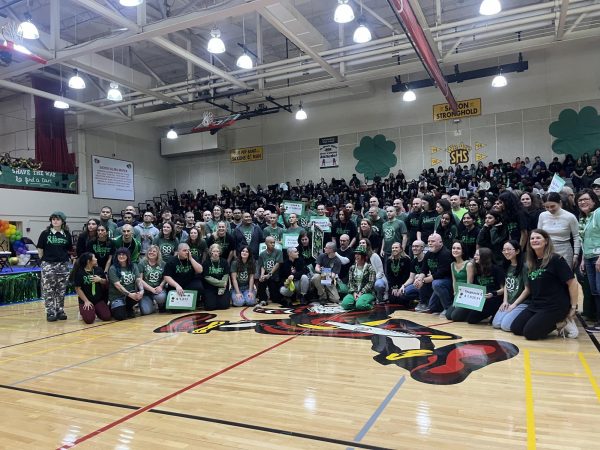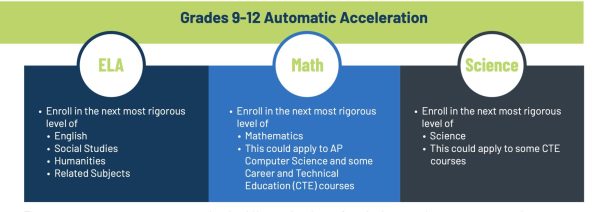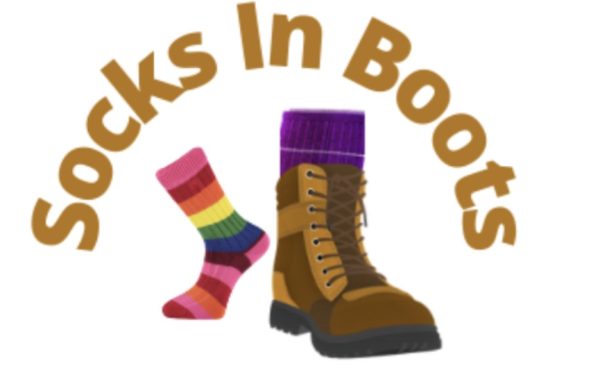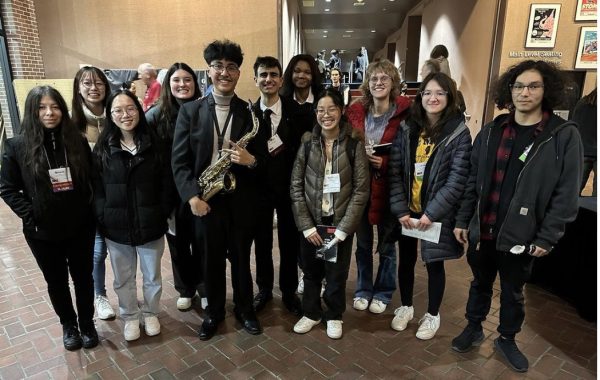Espresso Epidemic
Kalyleigh Maher holds up her two coffees prior to the beginning of the school day. American teenagers consume up to eight times the suggested maximum.
October 27, 2022
Recent studies indicate that 83.2% of teenagers consume caffeinated beverages regularly, and at least 96% consume them occasionally. Are teenagers truly aware, however, of what we’re consuming and the effects of those choices? Do we even care?
In 2021, Qualtrics XM randomly administered a caffeine consumption survey to 114 students at Florida State University through email and other social media. The survey revealed that the primary source of caffeine is coffee, and the main reasons for caffeine consumption are pleasure and studying outside of class. Although many of us consume caffeine for different reasons, it is clear that we are all looking for the same rewards of a tasty drink and a hit of energy.
“[I drink coffee] three times a week, usually just when I crave caffeine or coffee, with usually quite a bit of sugar,” SHS Senior Patrick Dima said. “I drink it just for the taste, not just because I feel like I need coffee.”
Additionally, a student’s year in school and caffeine intake is shown to be directly correlated. Super senior students consumed more caffeine than freshmen, sophomores and juniors, while juniors consumed more coffee than freshmen. Which really shows the extent of stress, and how we may use caffeine as a coping mechanism as school gets more challenging.
Although most of us already know some of the slight downsides of caffeine, which we choose to ignore, there are more concerning consequences revealed by this study. The results reveal that regardless of previous diagnoses of anxiety and depression, effects such as poor appetite or overeating, trouble falling asleep or sleeping too much and feeling symptoms of depression were significantly related to caffeine consumption. These results further suggest a correlation between high caffeine intake and symptoms of anxiety and depression in students.
“I have not been sleeping the best recently but I am not sure if it’s due to the caffeine,” SHS Senior Larkin Campbell said, “Sometimes I find myself being dependent on it and I also notice that when you’re sick or have a headache, it’s due to the withdrawal from having it on a daily basis.”
It helps with grades maybe. I think I get some extra motivation to work and study more when I drink coffee. Otherwise, I literally fall asleep in class.
— Kayleigh Maher
To make matters worse, educational achievement has been shown to have a negative association with caffeine consumption. This finding further disproves this misconception, as the study showed no significant positive association between caffeine intake and GPA.
“[It helps with] grades. Maybe I think I get some extra motivation to work and study more when I drink coffee,” SHS Senior Kayleigh Maher said, “Otherwise, I literally fall asleep in class.”
SHS Psychology teacher Mr. Cosentino has some advice for students regarding alternative ways students can boost their energy levels without suffering the negative consequences of caffeine consumption.
“Living a healthy lifestyle is always encouraged to counteract the effects of a drug in your system. I would [advise them] to also increase the amount of vegetable protein in their diets to increase energy levels in a more natural way. Sleeping more and vegetables should reduce the need for caffeine,” Cosentino said.
At the end of the day, whether we decide to listen to the research and advice provided by professionals or continue enjoying our caffeinated crutches is up to us. I, for one, will continue to enjoy the occasional cup of joe. But now I might start taking some of these more negative effects into consideration, and maybe you should too.

